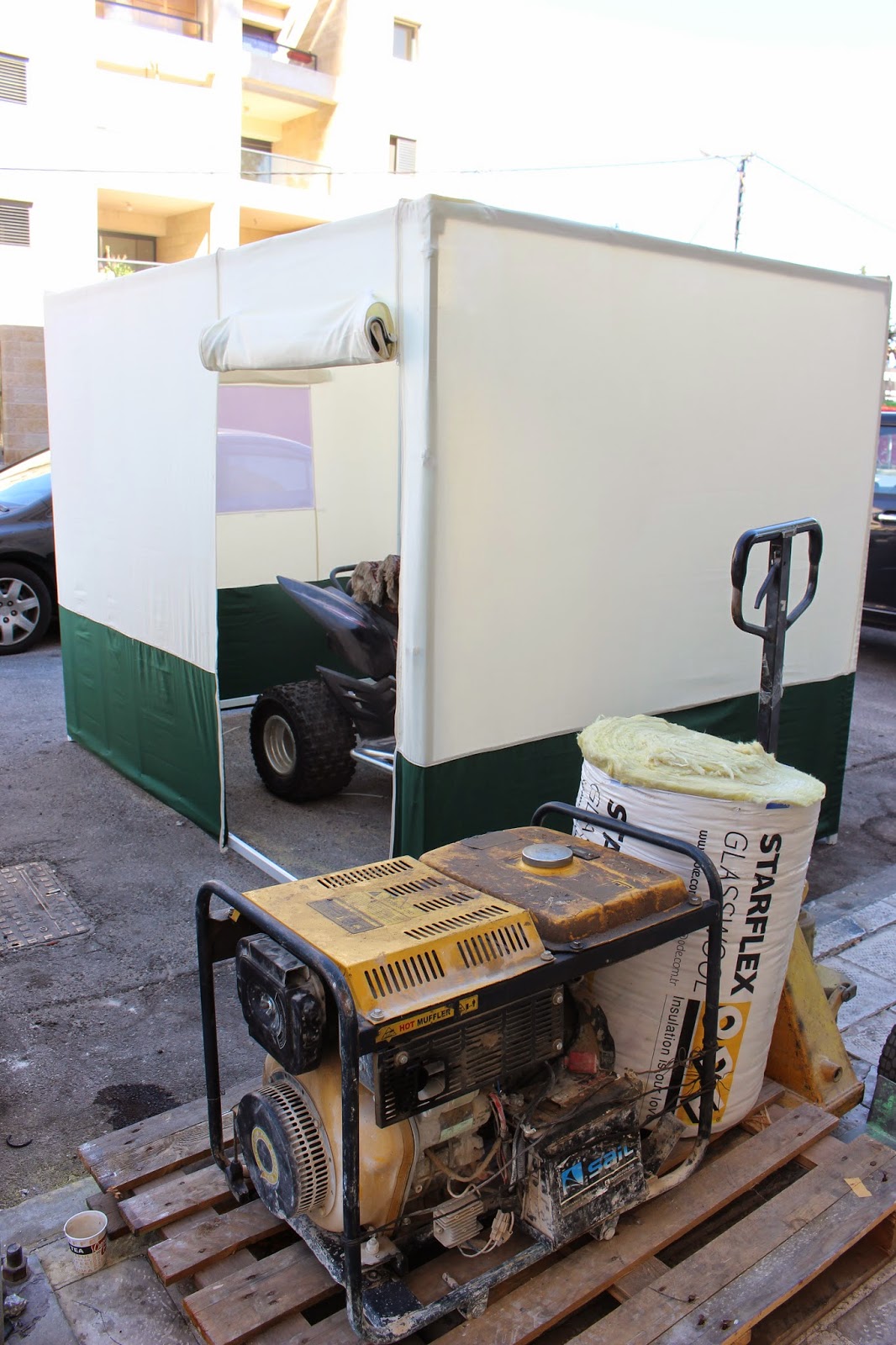We take so much for granted in the United States. Clean water, television, Wal Mart Superstores
and regular mail delivery.
I have a mail box here at the university, and it is
conveniently located in the building right next to the one I’m staying in. I have gotten mail, and it works just fine. I
open the box, retrieve my mail and do a little happy dance. If I was only expecting letters, however, I
would have missed out on a whole adventure in postal delivery, and would have
left here to return, still grumpy that our mail delivery is sometimes less than
we would like. Buck up anti post office
crowd, for whatever a stamp costs today, we’re still getting a deal!
Ok. This post is not
an attempt to defend the US Postal Service (no pun intended). If you know me, you already know where I
stand on that issue. But like many
things here, getting your mail, can be, well, complicated.
As I said, I have a mail box here at the Student Village,
and mail is delivered Sunday through Thursday, but only
letters. In the housing office here at
the Village, there is a dry erase board that lets students know that there is a
package waiting for them; it boldly announces, “Your package is here” with the
lucky student’s name written below. I
asked the other day if they would put a notice in my mail box when my eagerly
anticipated packages arrived or should I just keep checking the board. The answer?
Oh no, the only packages they hold at the office are those that come via
delivery companies like UPS, or FedEx; mail parcels come through the local
Israeli mail system. Here is where the
adventure begins.
First I had to find
the French Hill post office, no small matter since I can’t just look it up in
the phone book (come to think of it, I haven’t even seen a phone book since
I've been here) and it was nearly impossible to find online. The ‘beginning’ directions I was given by the
nice lady in housing had me turning right on the first road after the grocery
store, then left, then just ask for the post office, or if I remembered the
Hebrew word, the dohahr. Yeah, no.
In the process of searching google for the location, I
learned many things about the postal system here. First off, I’m fortunate to have a local post
office at all. One neighborhood nearby
has none, and another has one, but it is only open sporadically. Delivery is also problematic in some areas
especially in East Jerusalem, where a lack of street signs and numbered houses
makes it difficult to impossible for deliveries to be made at all. It has actually become a civil rights issue,
and last year a case was brought before the Supreme Court (not to be confused
with the Supreme Court in the US). Imagine,
people pay their taxes and expect a service, sound familiar?
So, I found a street address, “visited” it on google maps
for better directions and headed out on my new “find it before you need it”
routine. Number 2 Abba Berditchev was not
immediately visible. Number 4 was the
first building on the street and it wasn't a post office. Taking a leap, I rang the bell and the lovely
couple who lived there, directed me down and around to the back of the building,
where, indeed there is a post office. Success!
So now I wait for the notice in my mail box that tells me my package has
arrived.
 |
| Had to have this translated for me! Open Hours |
And by the way? It
turns out to be about a 10 minute walk from the dorms. How do they do that?




















